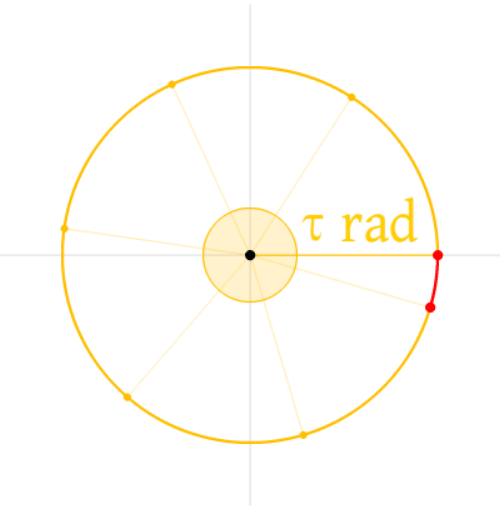There are some rather murky philosophical questions around the concept of emergence. Emergent phenomena seem to be, in some way, “more than” the sum of their parts. I think perhaps a better way to approach the concept is by pointing out that emergent phenomena are those that are more easily understood from a holistic point of view than a reductionist one. The most straightforward example I know of is the concept of temperature. Temperature reduces to the average kinetic energy of all the tiny atoms and molecules in a physical system. But we never actually use the concept of temperature in this way. Instead, we measure temperature directly via its effects on volume and pressure, and we think of it as a property of the system as a whole.
Now consider the following Fibonacci identity:

This pattern emerges from simple combinations of Fibonacci numbers. The underlying properties of the Fibonacci numbers that lead to this pattern have nothing to do with squares (see the video I did with Gavin Ford on this identity). However, the pattern is there and it can be grasped at this higher level. It can be treated as an abstract tool without referring back to the simple combinations that constitute a rigorous proof of the identity.
Perhaps much of mathematics is the same. Rules for various derivatives can be proved by examining the underlying details of slopes of tangent lines and limits. But the rules themselves can be understood and applied without any mention of limits. We could say that the derivative rules are emergent from the interaction of more fundamental concepts in calculus.
Is this kind of mathematical emergence the same as emergence in complex systems?

